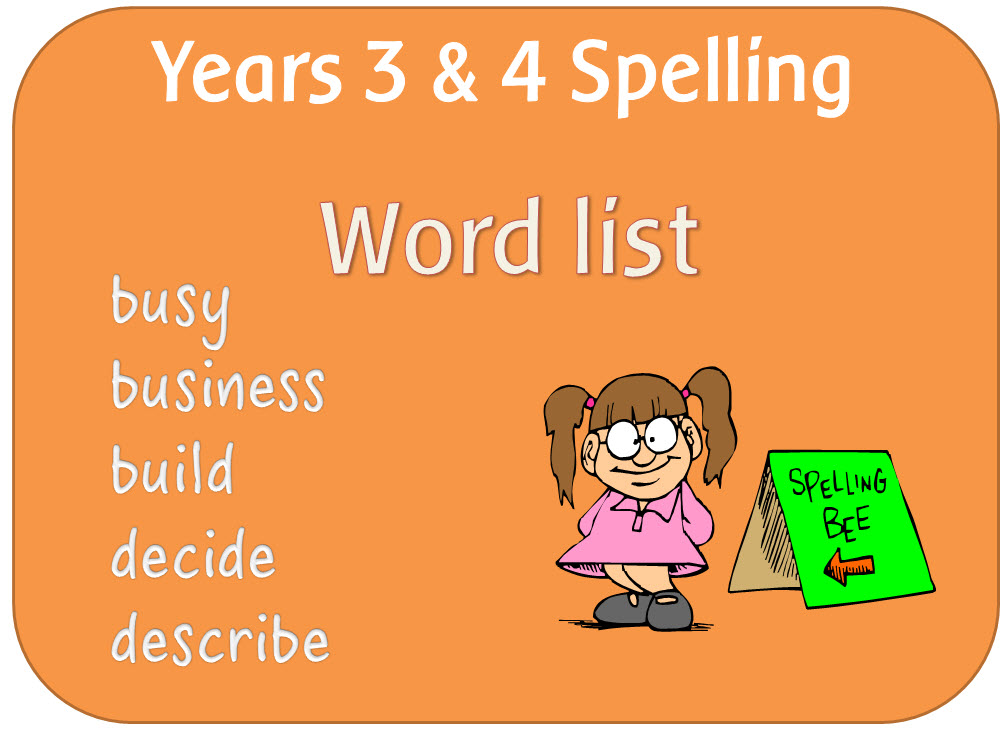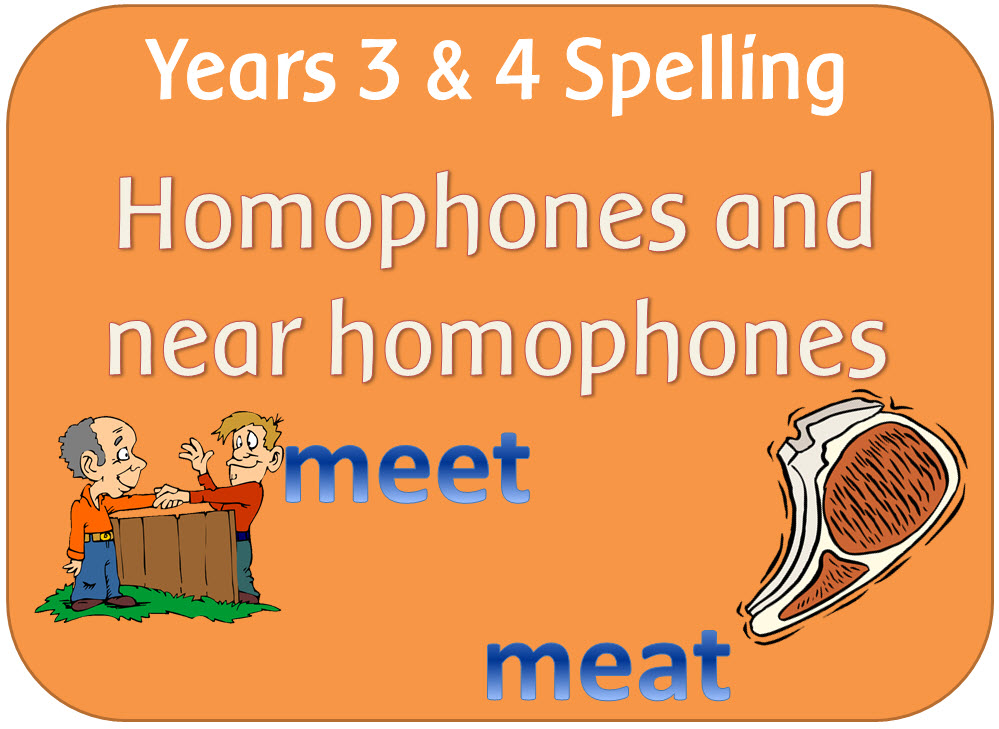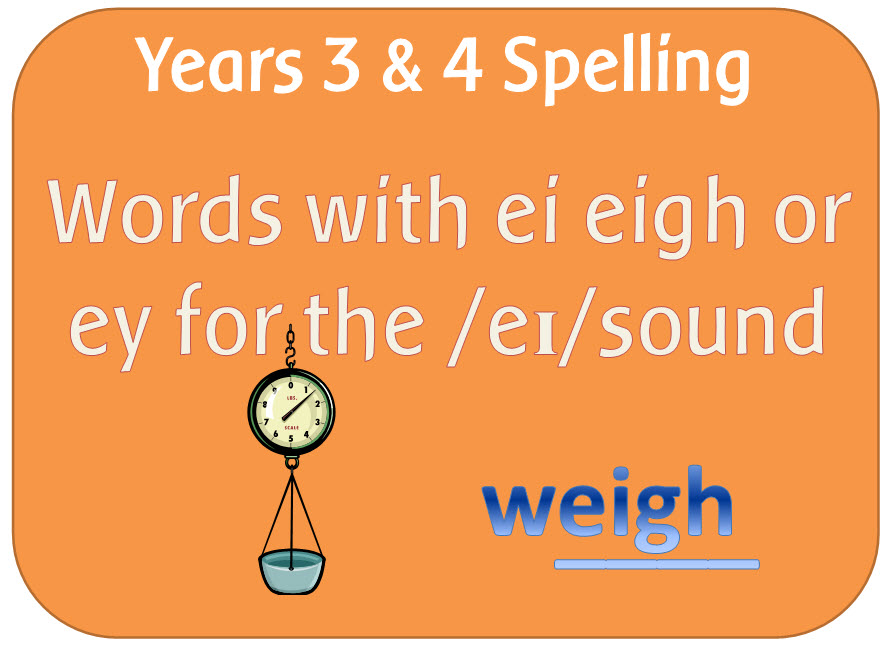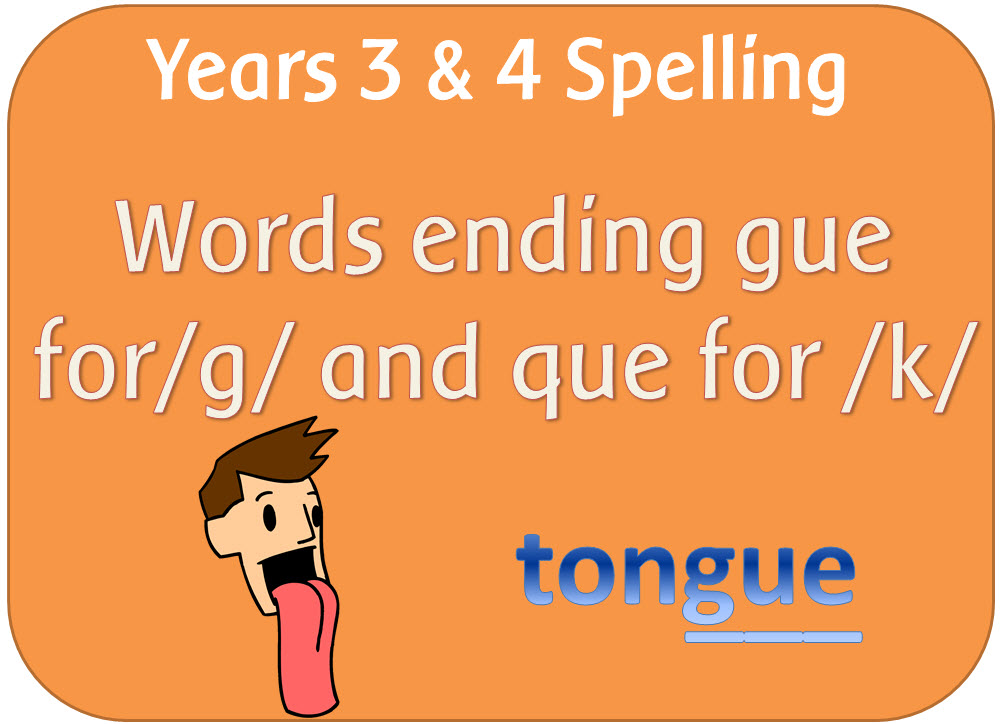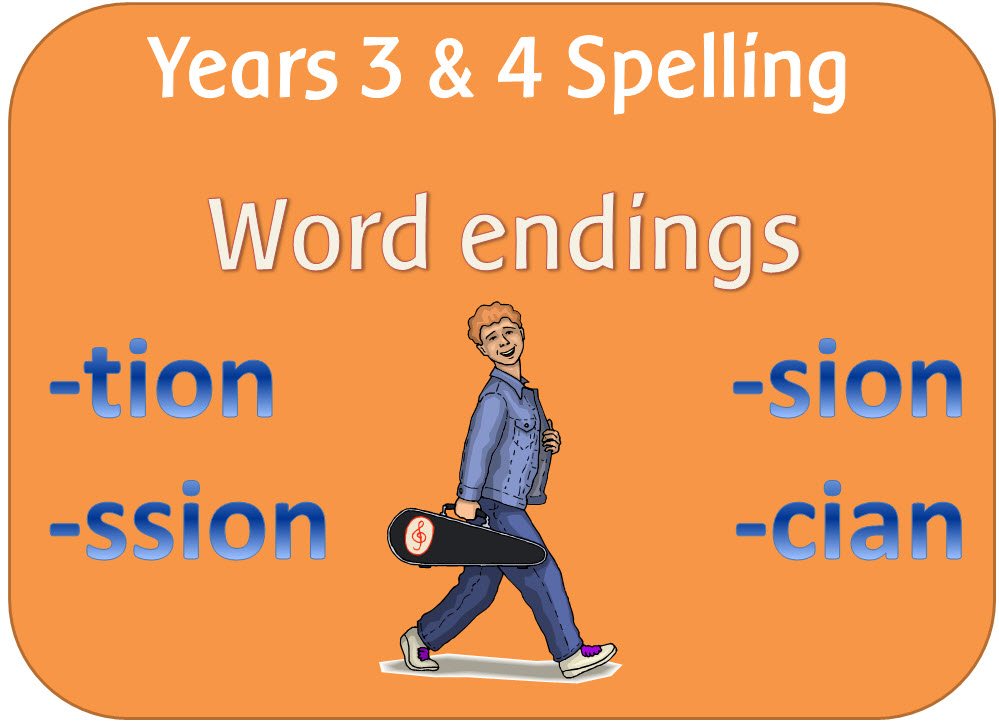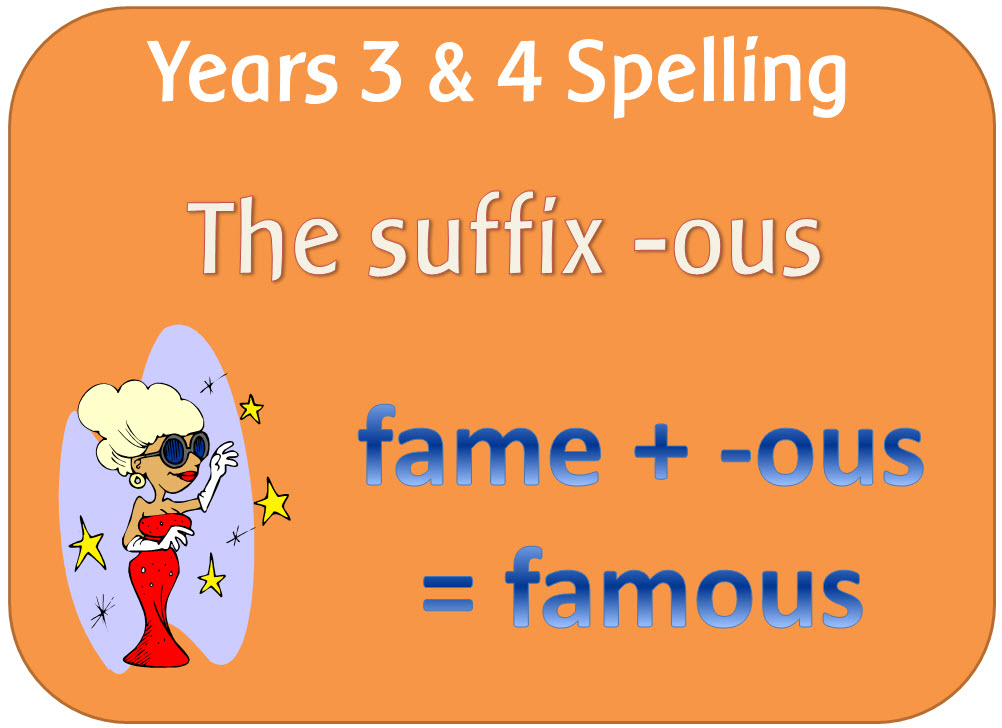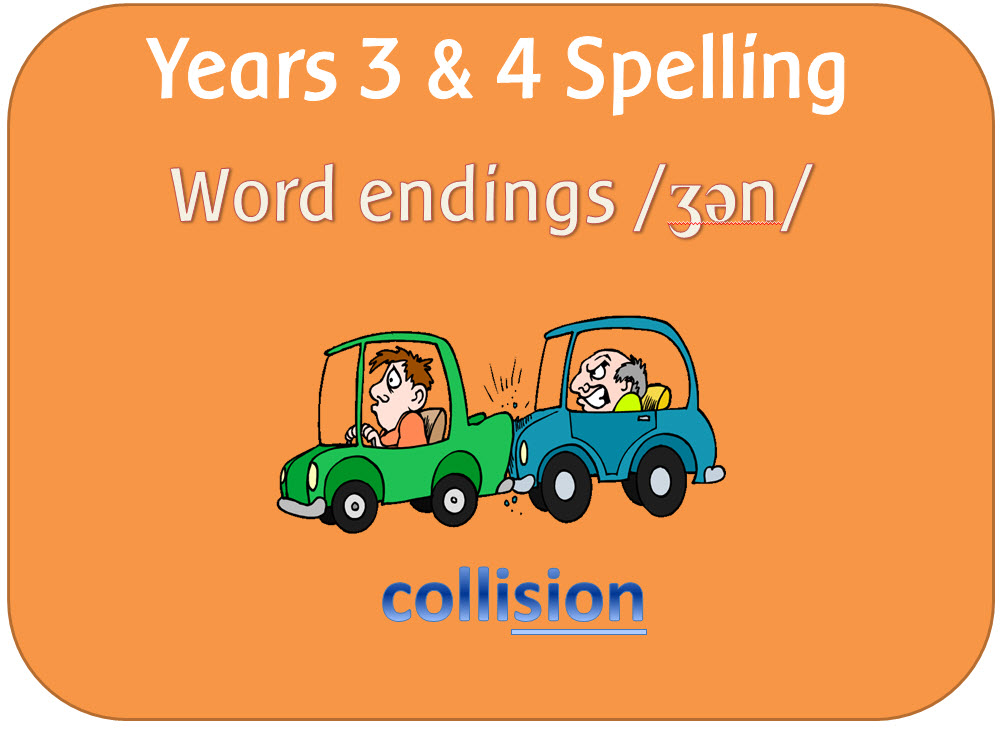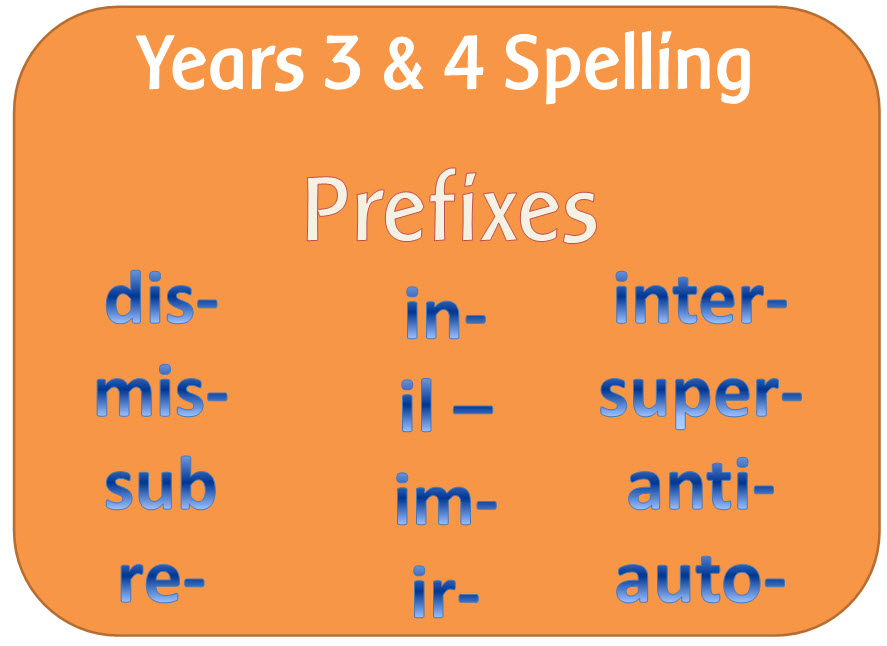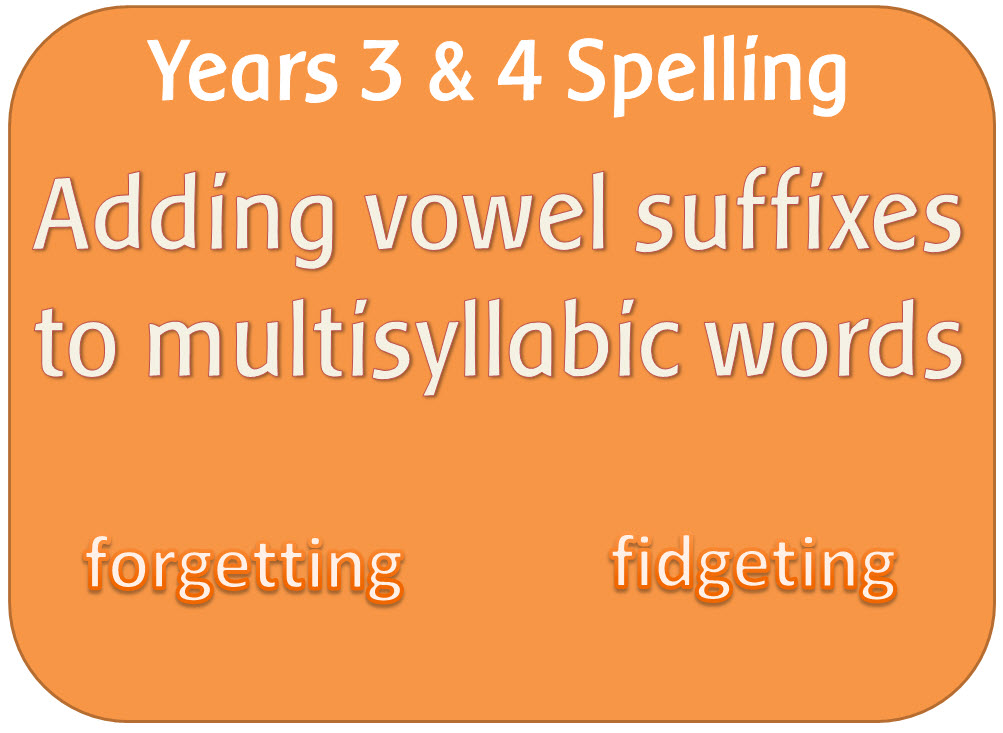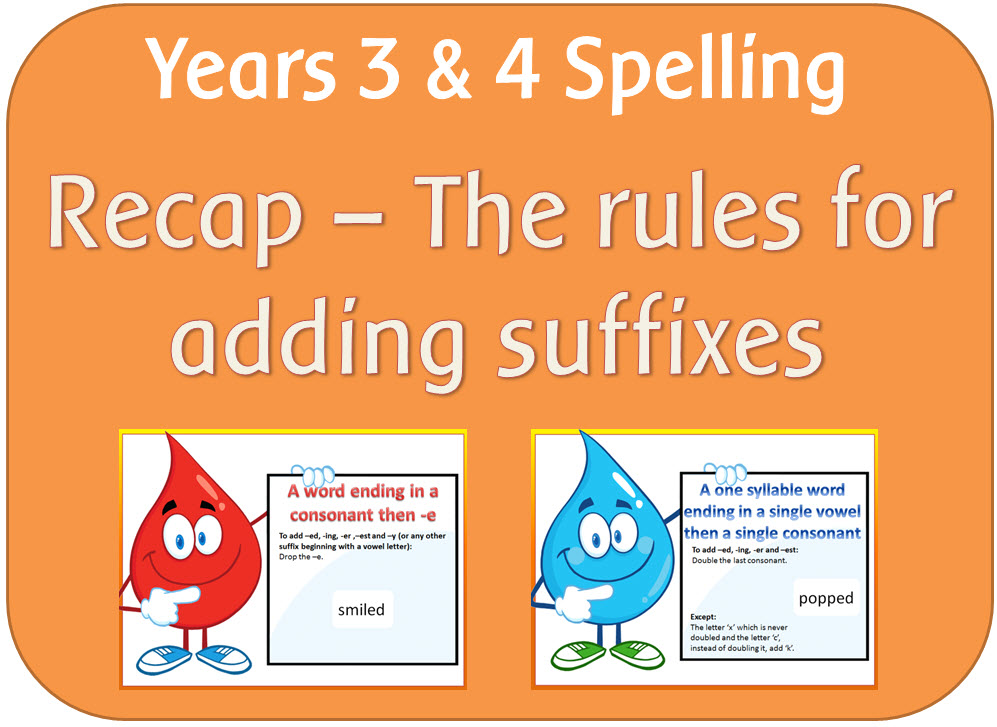
404Uploads
1067k+Views
681k+Downloads
English language arts

SPaG Year 3 & 4 Spelling: Word lists
Resources to teach the spellings of the words in the years 3 and 4 word list
INTRODUCTORY POWERPOINT: Spelling strategies: Looks at different ways to learn spellings for children to use
16 SPELLING POWERPOINTS:
The words are organised into 15 different categories according to how they are spelt. Each category contains between 6 and 9 words so that they can also be used for spelling tests.
Each category contains a PowerPoint with a page for each word and a range of strategies to help remember the spelling of each. The strategies include:
Looking at the history of the word
Looking at words in the same word family
Looking at spelling rules
Looking at root words and affixes
Using speak and spell
Highlighting unusual spelling
Mnemonics
Looking at words within the word
Looking at words with similar spelling patterns
The categories are as follows:
Spelling words using phonic knowledge
Words with schwa digraph 1
Words with schwa digraph 2
Words with schwa spelt a
Words with schwa spelt e and i
Words with schwa spelt o and u
Silent letters 1
Silent letters 2
Words with the grapheme ea
Words with the grapheme gh
Words with the letter string ough
Words with the phonemes tch and sh
Words with unusual correspondences 1
Words with unusual correspondences 2
Words with unusual correspondences 3
Words with unusual correspondences 4

SPaG Year 3 & 4 Spelling: Homophones and near homophones
POWERPOINTS:Each set gives definitions/explanations of each homophone, then ends with an activity for the children to work out which homophone is appropriate in different sentences. For more difficult or confusing homophones there are additional powerpoints with extra sentence practice.
Introduction to homophones
All Y3 and 4 homophones
Set 1 homophones: accept/except,affect/effect,ball/bawl,berry/bury
Homophones accept and except
Homophones affect and effect
Set 2 homophones
Set 3 homophones
Homophones heel heal and he'll
Homophones here and hear
Set 4 homophones
Set 5 homophones
Homophones who's and whose
PDF (PRINTABLE) RESOURCES:
Look Write Cover Check x 5: For spelling practice, containing the words in the above PowerPoints
Homophone and definitions cards x 5
TEACHER RESOURCES:
Adaptable outline plan

SPaG Year 3 & 4 Spelling: Possessive apostrophe with plural words
POWERPOINT:Explains what they are and how to use them then finishes with an activity to reword sentences and put the apostrophe in the correct place.
PDF (PRINTABLE) RESOURCES:
Possessive apostrophes plurals worksheet
PLURAL POSSESSIVE APOSTROPHES POSTERS
A set of posters for display
TEACHER RESOURCES:
Adaptable outline plan

SPaG Year 3 & 4 Spelling: words with the /eɪ/ sound spelt ei, eigh, or ey.
POWERPOINT: Looks at all the common words containing these graphemes for the /ai/ phoneme. Ends with a spelling activity.
PDF (PRINTABLE) RESOURCES:
Look Write Cover Check: For spelling practice
Wordsearch
TEACHER RESOURCES:
Word list
Adaptable outline plan

SPaG Year 3 & 4 Spelling: words ending with the /g/ sound spelt gue and the /k/ sound spelt que
POWERPOINTS:
gue at the end of words
que at the end of words
PDF (PRINTABLE) RESOURCES:
Look Write Cover Check x 2: For spelling practice
Cards with words ending gue
gue for the g sound worksheet
Cards with words ending que
que for the k sound worksheet
que for the k sound picture worksheet
que and gue wordsearch
TEACHER RESOURCES:
Word list
Adaptable outline plan

SPaG Year 3 & 4 Spelling: Words with the /ʃ/ sound spelt ch
POWERPOINT: Explains that these type of words come from the French language. It gives examples of the most common words with this grapheme then ends with a writing activity.
PDF (PRINTABLE) RESOURCES:
Look Write Cover Check: For spelling practice
Ch for the sh sound worksheet
Ch for the sh sound picture worksheet
Wordsearch
TEACHER RESOURCES:
Word list
Adaptable outline plan

SPaG Year 3 & 4 Spelling: The /k/ sound spelt ch
Resources to teach the spelling guidelines for words with the /k/ sound spelt ch
POWERPOINT:
The /k/ sound spelt ch: Explains that these type of words come from the Greek language. It gives examples of the most common words with this grapheme, then ends with a writing activity.
PDF (PRINTABLE) RESOURCES
Look Write Cover Check: For spelling practice
Ch for the k sound worksheet
Ch for the k sound picture worksheet
Wordsearch
Although every effort has been made to check wordsearches for unintentional inappropriate words, it is recommended that teachers double check them before giving to children.
TEACHER RESOURCES
Word list
Adaptable outline plan

SPaG Year 3 & 4 Spelling: Endings which sound like /ʃən/, spelt –tion, –sion, –ssion, –cian
Resources to teach the spelling guidelines for word endings which sound like /ʃən/, spelt tion, sion, ssion, cian
POWERPOINT:
Endings tion sion ssion and cian: Goes through each ending, giving examples, exceptions and an activity to add each ending to different words.
PDF (PRINTABLE) RESOURCES
Look Write Cover Check x 4: For spelling practice of words with each ending
4 x worksheets, for each ending
Wordsearch, containing all word endings
Cards, containing words with each ending.
Although every effort has been made to check wordsearches for unintentional inappropriate words, it is recommended that teachers double check them before giving to children.
TEACHER RESOURCES
Word list
Adaptable outline plan

SPaG Year 3 & 4 Spelling: Adding the suffix -ous; rules and exceptions
Resources to teach the spelling guidelines for adding the suffix ous
–our is changed to –or before –ous is added.
A final ‘e’ of the root word must be kept if the /dʒ/ sound of ‘g’ is to be kept.
If there is an /i:/ sound before the –ous ending, it is usually spelt as i, but a few words have e.
POWERPOINTS
Adding the suffix ous - Regular spellings: Explains that sometimes the root word is obvious and the usual rules apply for adding suffixes beginning with vowel letters. It gives examples of words where there is no obvious root word. Gives opportunities for children to add ous to different words.
Adding the suffix ous - our to or and exceptions: Gives examples of words where our is changed to or before ous is added; A final ‘e’ of the root word must be kept if the /dʒ/ sound of ‘g’ is to be kept; and If there is an /i:/ sound before the –ous ending, it is usually spelt as i, but a few words have e. Gives opportunities for children to add ous to different words.
PDF (PRINTABLE) RESOURCES
Look Write Cover Check: For spelling practice
Words containing the suffix ous worksheet x 3
Wordsearch - words with the suffix ous
Although every effort has been made to check wordsearches for unintentional inappropriate words, it is recommended that teachers double check them before giving to children.
TEACHER RESOURCES
Word list
Adaptable outline plan

SPaG Year 3 & 4 Spelling: Endings which sound like /ʒən/ spelt as sion
Resources to teach the spelling guidelines for word endings which sound like /ʒən/ that are spelt as sion
POWERPOINT:
Words ending sion: Explains and looks at words with these endings, then ends with a spelling activity using the most common words ending in sion.
PDF (PRINTABLE) RESOURCES
Look Write Cover Check: For spelling practice
2 x word cards, one set with pictures, the other containing more difficult words.
TEACHER RESOURCES
Word list
Adaptable outline plan

SPaG Year 3 & 4 Spelling: Words with endings sounding like /ʒə/ or /tʃə/ (-sure & -ture)
Resources to teach the spelling guidelines for spelling words with endings sounding like /ʒə/ or /tʃə/
POWERPOINTS
Words ending sure: Explains the word ending 'zh-er' and gives examples of common words ending in sure. It ends with a spelling activity.
Words ending sure: Explains the word ending 'ch-er', giving examples of words ending in ture. It also explains that some words might sound like they end ture, but to check whethere they are words with the -er suffix such as teacher or richer. It ends with a spelling activity.
PDF (PRINTABLE) RESOURCES
Look Write Cover Check: For spelling practice
sure word cards
ture word cards
sure wordsearch
ture wordsearch
Although every effort has been made to check wordsearches for unintentional inappropriate words, it is recommended that teachers double check them before giving to children.
TEACHER RESOURCES
Word list
Adaptable outline plan

SPaG Year 3 & 4 Spelling: The suffix -ly
Resources to teach the spelling guidelines for adding the suffix ly
POWERPOINTS
The Suffix -ly: Recaps what an adjective and adverb are, and explains how the suffix -ly can be added to an adjective to form an adverb. It explains the rules for adding the suffix, and also the exceptions.(If the root wrod ends in y with a consonant letter before it, the y is change to i, but only if the root word has more than one syllable. / If the root word ends with le, the le is changed to ly. / If the root word ends with ic, then ally is added except in the word publicly.
PDF (PRINTABLE) RESOURCES
Look Write Cover Check: For spelling practice
Word cards containing the suffix ly
Adverbs ending ly worksheet
TEACHER RESOURCES
Word list
Adaptable outline plan

SPaG Year 3 & 4 Spelling: The suffix -ation
Resources to teach the spelling guidelines for adding the suffix ation to verbs to form nouns.
POWERPOINTS
The suffix ation: Recaps the definition of a noun and a verb and the rules for adding suffixes beginning with a vowel letter. It then demonstrates the addition of ation to certain words and ends with an activity for the children to complete.
ation sentences: A series of sentences for children to create and insert the correct noun by adding ation to verbs.
PDF (PRINTABLE) RESOURCES
Look Write Cover Check: For spelling practice
The suffix ation worksheet
TEACHER RESOURCES
Word list
Adaptable outline plan

SPaG Year 3 & 4 Spelling: Prefixes dis mis in re sub inter super anti auto
Resources to teach how most prefixes can be added to words without any change to the spelling of the root word, except for the prefix in.
POWERPOINTS: Each powerpoint introduces the prefix and gives a definition of its meaning and how it can change the meaning of words. Examples of words with and without each prefix are shown.
The last powerpoint looks at the meaning of all the different prefixes.
DIS
MIS
IN IL IM & IR
SUB
RE
INTER
SUPER
ANTI
AUTO
Prefix recap
PDF (PRINTABLE) RESOURCES:
DIS
Cards - words to add dis
Change the paragraph to the opposite meaning
Dis word definitions
Jigsaw cards – dis
Un and dis matching word and definition cards
Dis- wordsearch
Un- wordsearch
MIS - wordsearch
IN IL IM IR jigsaw cards
MIS DIS RE and UN Word wheel
INTER worksheet
AUTO prefix worksheet
Although every effort has been made to check wordsearches for unintentional inappropriate words, it is recommended that teachers double check them before giving to children.
TEACHER RESOURCES
Word list
Adaptable outline plan

SPaG Year 3 & 4 Spelling: The /ʌ/ sound spelt ou
Resources to teach the spelling guidelines for the /ʌ/ sound spelt ou
POWERPOINTS
U spelt ou: Talks about how the /u/ sound can be spelt ou, and gives examples of words containing the grapheme. It ends with a spelling activity.
PDF (PRINTABLE) RESOURCES
Look Write Cover Check: For spelling practice
u spelt ou word cards
TEACHER RESOURCES
Word list
Adaptable outline plan

SPaG Year 3 & 4 Spelling: Adding suffixes beginning with vowels to words of more than one syllable
A lesson explaining the rules of how to add vowel suffixes to words of more than one syllable, plus activities and a word list.

SPaG Year 3 & 4 Spelling: Recap of the rules for adding suffixes
5 powerpoint lessons for a recap of the rules learnt in Y2 for adding suffixes to different types of words.

SPaG Year 2 Terminology powerpoint
An explanation of noun, noun phrase, statement, question, exclamation, command, compound word, adjective, verb, suffix, adverb, tense, apostrophe and comma.

SPaG Year 2 : Sentence punctuation and commas for lists
2 powerpoint lessons explaining the use of capital letters, full stops, question marks and exclamation marks to demarcate sentences and the use of commas to separate items in a list.

SPaG Year 2 Text: Present and past tense and the progressive form of verbs
Four powerpoints looking at past and present verb tenses.
POWERPOINTS
Introduction to tenses: Explains what tense means, and past and present tense, giving examples including the progressive form of verbs.It ends with some examples and opportunities for children to change the tenses of sentences.
Changing present into past tense: Sentences to change
Thinking of verbs and past and present tense: Look at pictures and describe the actions in the present and the past tenses.
Irregular past tense verbs: Explanation and lists of irregular past tense verbs.

